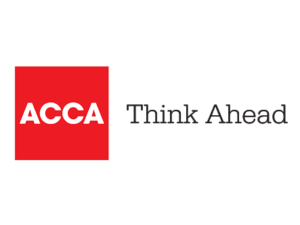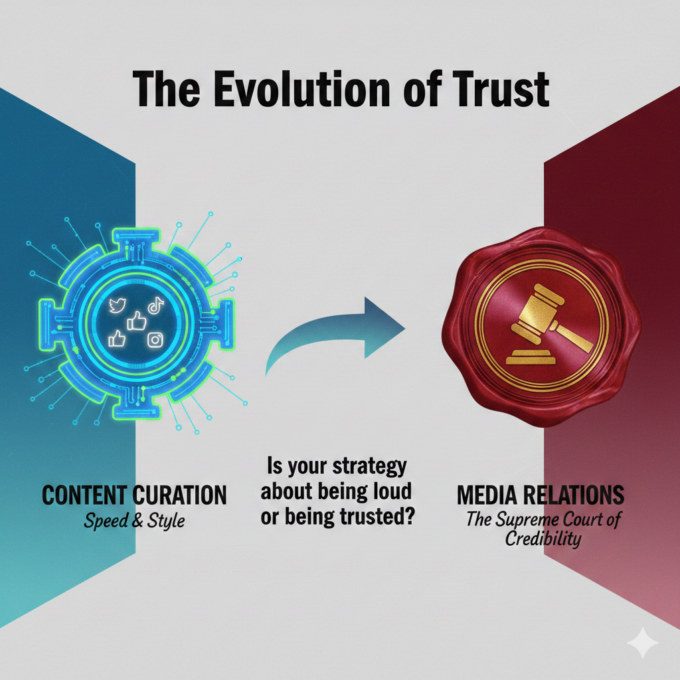
By Chioma Obinagwam
The Association of Chartered Certified Accountants (ACCA), the global body for professional accountants, offering business-relevant qualifications to people seeking a rewarding career in accountancy, finance and management has warned of the inherent risks in implementing digital tax collection tools.
ACCA, conveyed in a statement issued by its Marketing Manager, East and West Africa, Mukoso Eddie-Obiakor.
It stated that tax administrations have always looked to the latest technological developments to assist in the task of effectively collecting taxes from the population.
The current shift in the digitalisation of the global economy, ACCA noted, is an opportunity presented to national tax collectors to make a change in the efficiency of their processes.
Just as the digital tools can benefit tax administrations, ACCA added, the development and implementation of technological innovation in the private sector is a constant race to improve performance.
According to its most recent report: Technology tools and the future of tax administration, ACCA urges tax administrators to manage the risk of imposing restrictive technological requirements on taxpayers.
At the extreme regulatory constraints could deprive businesses of the opportunity to exploit the most economically efficient technology, stifling competition and even growth.
Tax authorities face the additional burden that their systems must work for every taxpayer in a stable and predictable fashion. As a matter of sheer practicality, tax systems cannot evolve constantly as businesses do.
A single central authority will implement a single central system, which must balance the needs of every taxpayer and will by its nature change infrequently in discrete steps.
ACCA’s head of business and tax law, Jason Piper, says:
“Businesses operate independently, and each will tailor its digital tools to match its own circumstances. The constant cycle of technological change means no two businesses will implement identical solutions. Tax authorities may see a benefit in imposing a standardised system which drags the least innovative business into the digital net.
“However, there is a risk that enforcing these changes will in some cases do more harm than good if they compromise other businesses’ ability to explore all benefits offered by digital tools.”
Jason Piper continues:
“While most businesses have some level of technological awareness and use technology to an extent, many are by no means fully exploiting the potential benefits of these new tools. There are huge differences around the globe, with some economies ‘leapfrogging’ ahead to mobile communications technology, completely bypassing the fixed infrastructure relied upon in more mature economies.
“Many programmes of tax automation and digitalisation are based on evidence that the population as a whole ‘use technology.’ However, this may not map across to businesses. Even where the owners have bought a computer or smartphone, if a business does not have integrated systems or the national legal or commercial environment has yet to evolve, there will be a limit to the efficiencies tax administrations can exploit.”








Leave a comment